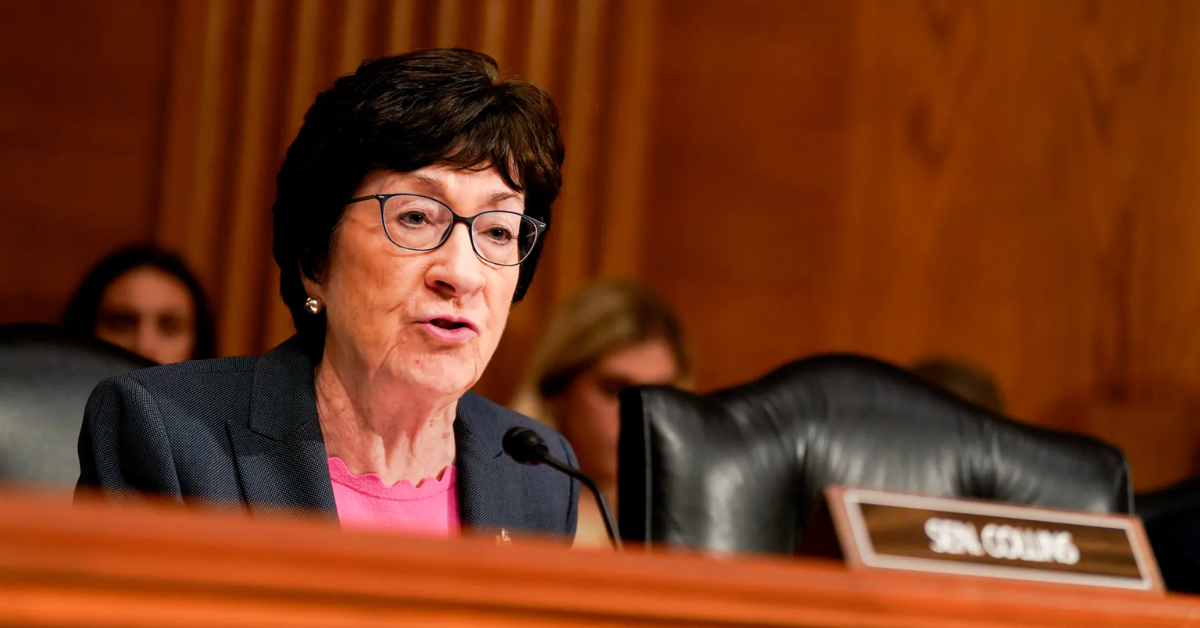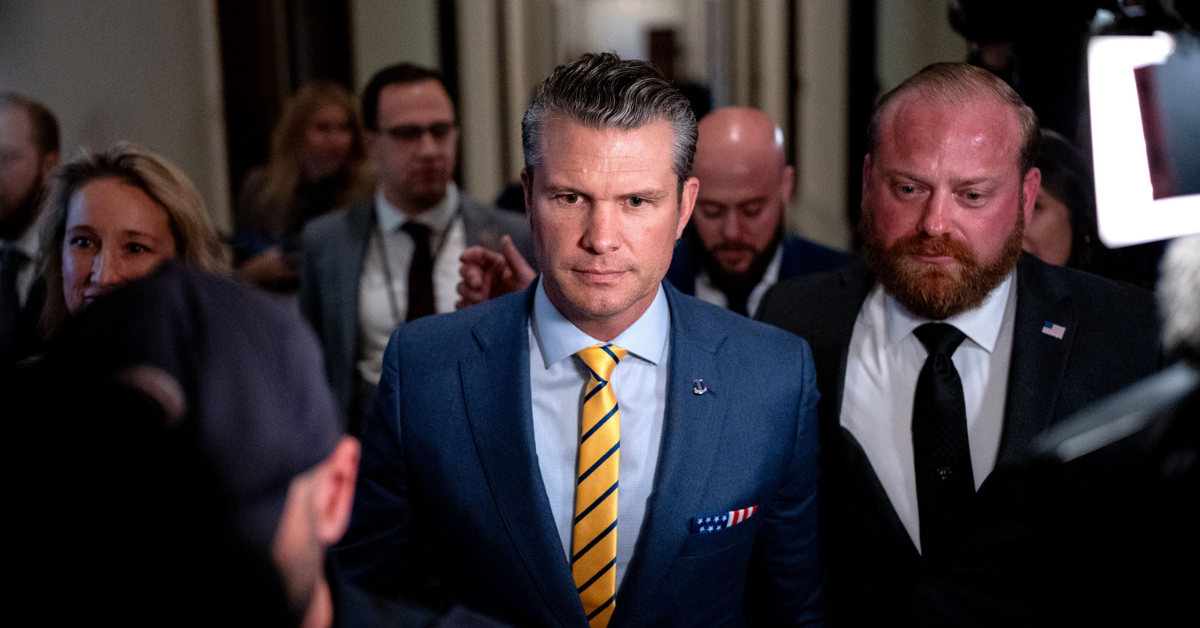As I watch the ongoing confirmation hearings for President Donald Trump’s nominees, I can’t help but reflect on my own experience. In 2002, President George W. Bush nominated me to serve as the U.S. ambassador to Macedonia. At the time, I was unfamiliar with the Senate’s process for confirming nominees.
However, Maine Senator Susan Collins, known for her dedication and thoroughness, helped guide me through the process. Her team carefully vetted my qualifications, which played a major role in ensuring that I was confirmed for the position. This opportunity allowed me to represent the president in a critical part of the world.
Today, as I observe the confirmation hearings for President Trump’s nominees, I feel deeply concerned. I urge Senator Collins to apply the same level of diligence and scrutiny to these nominees, especially those who will be tasked with overseeing our nation’s security. Among these nominees, I believe Pete Hegseth and Tulsi Gabbard stand out as individuals who should be rejected. They are unqualified for the critical roles they are nominated for, and their views and actions raise serious concerns about their ability to serve in such positions.
One of the most alarming nominations is that of Pete Hegseth to lead the Department of Defense. This is one of the most important roles in the entire government. I’ve had the honor of working with several former secretaries of defense throughout my career, and I know firsthand how vital it is to have someone who is both qualified and experienced in such a high-stakes position.
Unfortunately, by almost every measure, Pete Hegseth is not qualified for this role. While his military service in two war zones is commendable, it simply does not provide him with the experience or expertise required to lead a department with a $700 billion annual budget and over 3 million employees. The job of managing the Department of Defense is not just about military service; it requires a deep understanding of policy, budgeting, and leadership.
Moreover, what is even more troubling is Hegseth’s stance on the Geneva Conventions and the laws of armed conflict. In the past, he has suggested that these fundamental laws are outdated and should not apply to American military forces in combat. While I understand that rules of engagement can sometimes constrain our armed forces, these laws exist for a reason.
The Geneva Conventions ensure that we do not commit war crimes, and they preserve the moral standing of the United States in the eyes of the world. Hegseth’s position is dangerous and would send the wrong message to both our military personnel and to the international community. If confirmed, he could undermine decades of hard-won credibility that the United States has built in the realm of international law.

Beyond his troubling views on military law, there are serious concerns about Hegseth’s conduct. Over the years, he has faced numerous allegations of alcohol abuse and sexual misconduct. Although these accusations have not been proven, they raise red flags about his character. Throughout my career, I was held to high personal and professional standards.
I believe that any person nominated for such an important position should be held to the same standard. If we are to ask our military leaders to inspire respect, loyalty, and dedication from the troops, we must ensure that they lead by example. The allegations surrounding Hegseth send the wrong message about what kind of behavior is acceptable in leadership positions. We should not compromise on these standards when it comes to leadership, especially in the Department of Defense.
Another concerning nominee is Tulsi Gabbard, a former congresswoman and Army National Guard officer, who has been nominated for the position of Director of National Intelligence. The DNI is responsible for overseeing the U.S. intelligence community, which plays a key role in protecting national security. Unfortunately, Gabbard’s views on national security issues have raised serious doubts about her fitness for this critical role.
She has downplayed the threat posed by terrorist organizations and criticized U.S. military actions that have been aimed at protecting innocent lives, such as the missile strikes on Syria under President Trump. Gabbard has also attempted to justify Russia’s invasion of Ukraine by blaming the U.S. and NATO for provoking Russia by ignoring its “legitimate security concerns.” These comments have drawn widespread criticism, including from former Senator Mitt Romney, who accused Gabbard of spreading false Russian propaganda.
Given the increasing threats the United States faces from global terrorism and rogue states like Russia, we must have an intelligence leader who is not only qualified but also aligned with U.S. national security interests. Gabbard’s stance on issues like Syria and Ukraine raises serious concerns about her judgment and her ability to navigate complex geopolitical situations. If confirmed as DNI, her leadership could weaken U.S. intelligence operations and put our security at risk.
Senator Collins, as a senior member of the Senate Intelligence Committee, has a responsibility to thoroughly vet nominees for the role of Director of National Intelligence. She must ensure that the person chosen for this critical position is someone who understands the gravity of the job and can effectively safeguard the nation’s security. In the case of Gabbard, there are enough red flags to warrant serious consideration before moving forward with her nomination.
We live in an increasingly dangerous world. The threats we face from terrorism, hostile nation-states, and other global challenges are real, and our national security is at stake. All Americans deserve leaders who are not only qualified but also trustworthy and committed to putting the nation’s interests first. In the cases of Pete Hegseth and Tulsi Gabbard, it is clear that both nominees lack the qualifications and character necessary to fulfill these critical roles. I urge Senator Collins to use her position in the Senate to reject these nominations and call for better-qualified candidates to fill these important positions.
Disclaimer: This article has been meticulously fact-checked by our team to ensure accuracy and uphold transparency. We strive to deliver trustworthy and dependable content to our readers.

